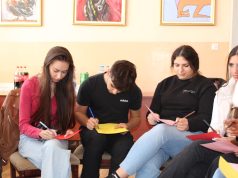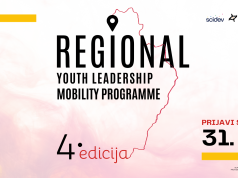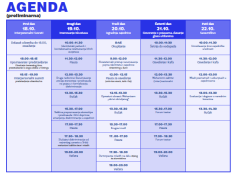 This M.A. program is especially designed for those students interested in critical social theory as well as in social, political and institutional innovation. Emphasis is placed on praxis as well as theory. This program provides excellent training for students interested in pursuing careers in such fields as:
This M.A. program is especially designed for those students interested in critical social theory as well as in social, political and institutional innovation. Emphasis is placed on praxis as well as theory. This program provides excellent training for students interested in pursuing careers in such fields as:
– NGOs, and Civil Society Organizations
– Regional Development and Crossborder Cooperation
– Communication and Journalism
– Politics and Institutions
Why Study International Relations and European Studies at the European University Institute in Kõszeg?
This M.A. program is unique because it is innovative both in terms of both content and methodology as the areas of focus show:
– Globalization. Developments within the EU and especially in new and hopeful member states cannnot be understood without exploring the interconnections between globalization and the European construction. Integration and dis-integration can both be observed in the European context. In order to better understand our rapidly changing world, development studies, world economics and international institutions need to be analyzed.
– European Neighborhoods. Europe is not equivalent to the European Union. With the emerging challenges of new borderlands and crossborder cooperation, new policies need to evolve along with new institutions and networks in the spheres of culture, civil society, politics and education. Obstacles as well as potentials need to be understood if we are to realize further enlargements. The program offers courses on several historic regions such as the Western Balkans, Turkey and the Baltic States.
– Central Europe. The small states of East and Central Europe need to discover and strengthen ways to increase their political, social and economic cohesion in the face of EU competition and global markets. This historically and culturally rich region could offer a great many ideas and innovations to the EU in terms of productive and well-functioning Euro-regions. Regional development in this unique context is studied with academics as well as practitioners.
– Civil Society. There is a lot of talk today about the special role for civil society locally, nationally, transnationally and globally, especially when discussions arise about the democratic deficit and crises of democracy at all of these governmental levels. Where can the potential of the Citizen be empowered and realized? How can we approach not only balanced development, but also ensure human security ina n increasingly complex world? Representatives of states, markets and civivl society need to construct new and dynamic strategic partnerships to confront the multiple challenges. The Citizen and the institutions of civil society are studied to provide the necessary context to economic and political debates.
Semester
Fall 2007
September 24-December 16, 2007
Application Deadline: August 15, 2007
For further information visit www.european-studies.hu











